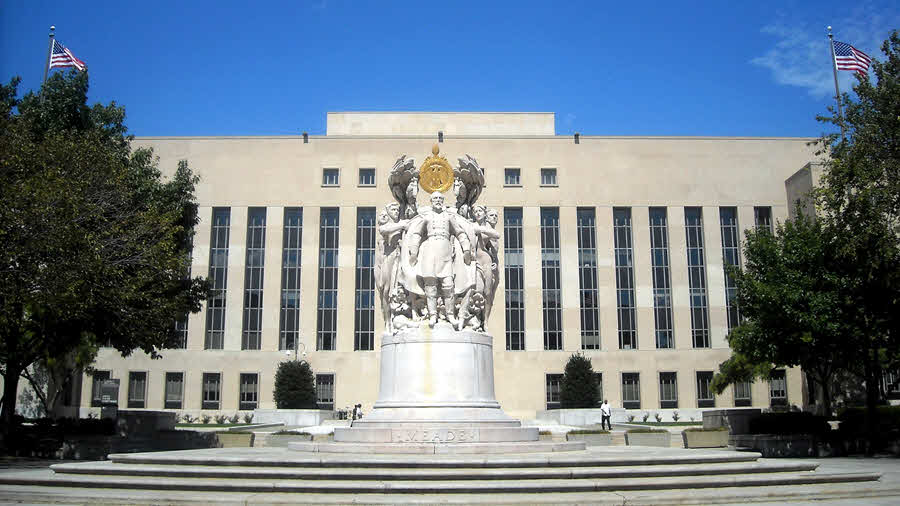ITIF to Court: Uphold FCC's Net Neutrality Deregulation Order

The smarter way to stay on top of broadcasting and cable industry. Sign up below
You are now subscribed
Your newsletter sign-up was successful
Science and tech think tank the Information Technology and Innovation Foundation has told a federal court that the FCC had strong justifications for reclassifying broadband access as a Title I information service and rejecting bright-line rules, including that to do so would boost investment in broadband and resulting innovation as well as deployment.
That came in a friend of the court (amicus) brief filed by ITIF in support of the FCC's deregulatory Restoring Internet Freedom (RIF) order.
Amicus briefs were coming thick and fast this week to the U.S. Court of Appeals for the D.C. Circuit, which is hearing Mozilla et al.'s challenge to that RIF order.
While ITIF tells the court the best resolution of net neutrality would be for Congress to step in and provide some guardrails "in order to end the regulatory uncertainty resulting from repeated reversals of policy at the FCC," absent that the FCC had the right idea in reversing the Title II common carrier classification for ISPs it says depressed investment and could undermine a broadband tech transformation. Generally, ITIF backs light-touch reg as a backstop to market forces.
"Available evidence, including analysis conducted by ITIF, suggests that the temporary Title II classification of broadband providers depressed investment," ITIF says. In fact, the brief is something of a defense of ITIF as well, since the FCC cited its research in making the case that Title II depressed investment, and Mozilla challenged that conclusion in its suit to reverse RIF.
The FCC's 2015 Open Internet Order forbore applying rate or sharing regs, but the possibility those could be implemented down the road helped depress investment, says ITIF, as does the regulatory uncertainty of disparate courts potentially making disparate rulings or the FCC regularly reversing course depending on what party was in power.
Parties on both sides of the debate have been arguing for bipartisan legislation to clarify the FCC's authority and end the legal back-and-forth that has been going on for well over a decade--there are currently at least four related lawsuits, including a still-extant challenge of the 2015 Open Internet order (the Supreme Court has put a decision on hearing that case on hold), the current Mozilla challenge to the 2017 RIF order, and government and ISP lawsuits against state laws/executive orders in California and Vermont that are attempting to restore the rules--the RIF order specifically preempted such efforts.
The smarter way to stay on top of broadcasting and cable industry. Sign up below
Contributing editor John Eggerton has been an editor and/or writer on media regulation, legislation and policy for over four decades, including covering the FCC, FTC, Congress, the major media trade associations, and the federal courts. In addition to Multichannel News and Broadcasting + Cable, his work has appeared in Radio World, TV Technology, TV Fax, This Week in Consumer Electronics, Variety and the Encyclopedia Britannica.

